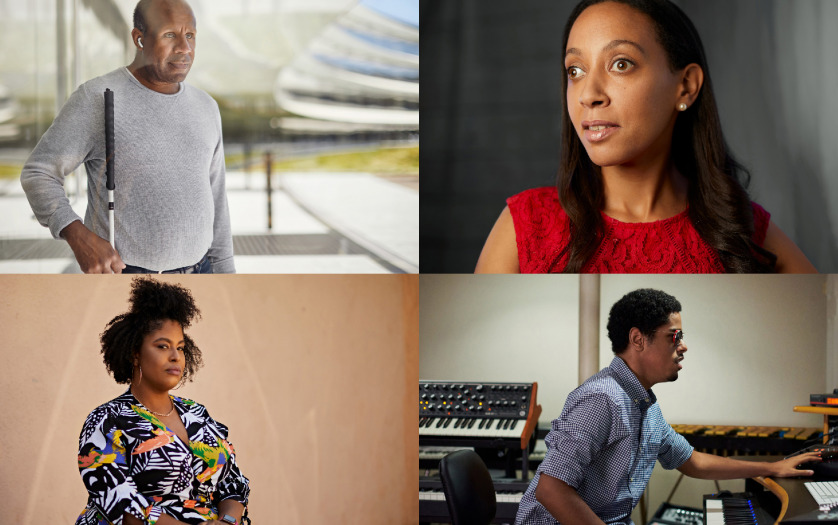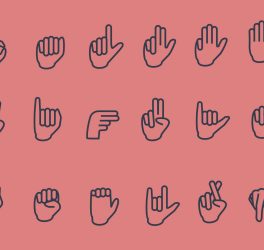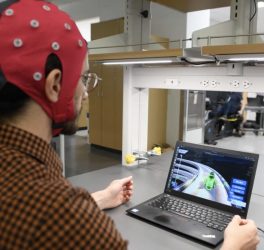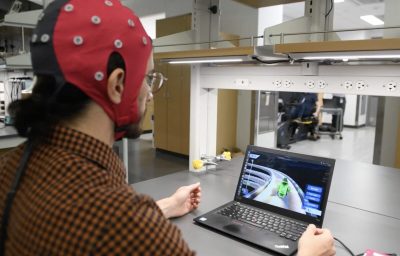
Apple has shared a new fature that honors the 30th anniversary of the Americans with Disabilities Act (ADA), alongside disability activists and artists, which was signed into law on July 26, 1990, Those involved discuss the ADA, how it has changed over the years, and how technology has a place in society.
“Accessible technology should be very clear,” says Dean Hudson, accessibility technical evangelist at Apple, who is part of the original team behind VoiceOver, the screen reader that enables people who are blind and low vision to navigate iPhone and Mac. “There really should not be any layer between the things I can do on my iPhone and the things someone who doesn’t have a disability can do.”
To honor the 30th anniversary of the Americans with Disabilities Act (ADA), disability rights activists and artists, along with Hudson, share their thoughts on how far the law has come, the technologies they use, and how much more society still needs to do.

“People, not tech, create ableist assumptions. Tech will perpetuate all the assumptions of its designers.” said Haben Girma, disability rights lawyer, speaker, and author
Disability rights lawyer Haben Girma advocates for digital access for people with disabilities and the removal of ableism in today’s society.
“Technology has given me the opportunity to share my music”. said Matthew Whitaker, jazz musician
“I want my community of Black disabled women to feel seen.” said Tatiana Lee, actor, model, Hollywood inclusion activist, and business owner








